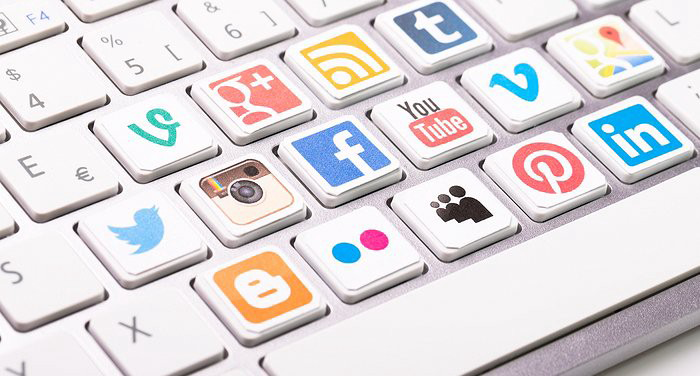
Social Media And Patients
The world today is becoming more unforgiving, and people are increasingly feeling isolated and lonely, indeed a recent study by the University of California at San Francisco revealed that 70% of over 60’s feel lonely at times. This is even worse for those suffering from any kind of illness, where that feeling of isolation can overwhelm patients and slow recovery.
However, the rise of social media has presented a wonderful opportunity for patients to connect, communicate and share their experiences regardless of where they are and providing a support structure, that doctors know is so important, for any patient. How patients are using social media today does vary, and seeing the methods used to build communities lets us see just how helpful it can be.
There have been several studies to examine how patients are using social media, and how they benefit from it, a study carried out by Tilburg University, Netherlands in 2012 revealed that patients used social media for a number of reasons, these included:
- Seeking information about their condition
- Contacting their doctor
- Social Support
- Self-Care
- Exchange of advice with others with the same condition
Twitter and Facebook were by far the most popular platforms, and it is easy to see why. Twitter provides highly effective communication, and for social support and contacting doctors on the surface this does seem an ideal solution. However, there are privacy concerns with using social media for communication with medical professionals, and many doctors will try to steer patients away from using such a public medium for contact for this reason. However, this does not lessen the power of social media when it comes to information exchange and social support.
Facebook and some other social media platforms allow members to create groups, both public and private, that allow invited members to share messages and so on together, and this is perhaps the most common use of social media for patients today. It provides a perfect platform not just for sharing experiences, but social support. The group can be entirely private is needed, so questions, experiences and problems are shared only with others going through similar issues, and this has significant value for any patient.
Having a social support network available any time of day, that is made up of people who have the same health issues and are often going through the same problems can be incredibly uplifting for patients. The knowledge that others can make it through whatever the issue is can be a great motivator, while shared experiences and advice at dealing with perhaps unique problems can make the treatment process easier to manage.
While seeking information about symptoms and self-care are obvious actions when faced with an illness, especially in our internet based world with vast stores of knowledge at our fingertips from a smartphone, it is the social, sharing aspect that can really transform patients’ treatment. Bu sharing experiences and advice for coping, it can lessen confusion, giving patients a better understanding of what to expect, and helping them feel more at ease with the treatment process. Not only that, sometimes, having an understanding ear to listen to a patient’s concerns or problems, even if they are in another country, as may be the case with social media, can help get through the tough times that recovery can often have.
Most importantly, a patient, no matter where they are located in the world, can find a community of people going through the same issues, and this tells any patient they are not alone. They do not have to struggle alone, to triumph alone, to worry alone, they always have someone who understands to share everything with.

